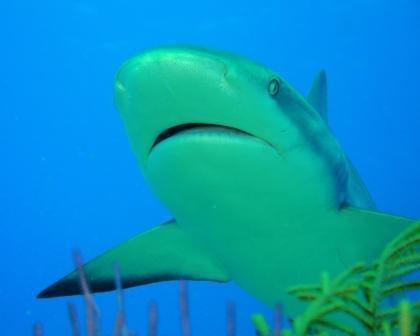
Image courtesy of Ramon Llaneza | ||||
| ||||
You might also be interested in:

Traveling Nitrogen Classroom Activity Kit
Check out our online store - minerals, fossils, books, activities, jewelry, and household items!...more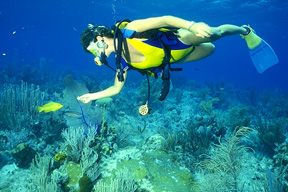
Open-Circuit Scuba
Scuba stands for self-contained, underwater breathing apparatus. It means that scuba divers carry all of the breathing medium they need with them for the duration they are underwater. Open-Circuit scuba...more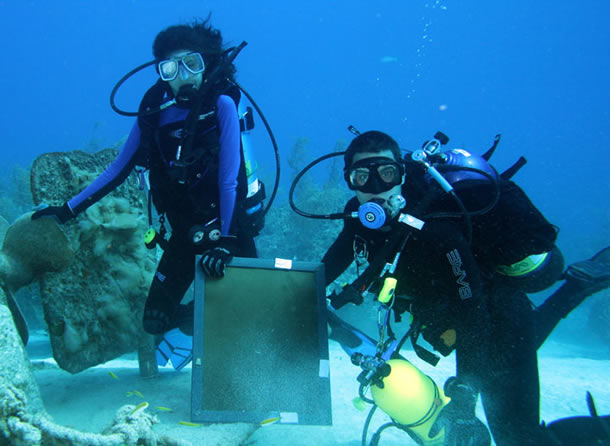
Understanding Sharks
This expedition has been an exciting adventure for the whole family. Every day started by waking up with the sunrise, diving during the day, contemplating the sunset and working on the project. Being in...more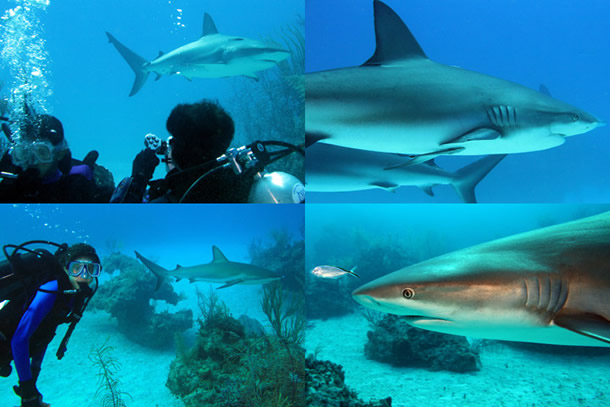
What We've Learned About Shark Behavior
We have ended this interesting expedition. We shared very exciting moments and learned a little more about shark behavior and how sharks interact with humans. Sharks belong to the sea environment and they...more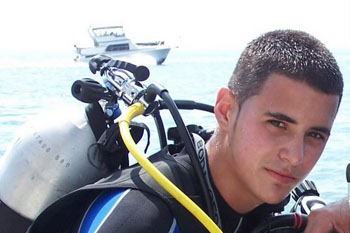
Magin Llaneza
Since I can remember, I have always been wet. And the sound of the ocean has always softened me immensely and at the same time wakened me for new adventures. As the only boy in my family, my dad was my...more
Marina LaGrave
The ocean and diving has always been a part of my life! Since a young age, I loved and had a fascination with the natural world. My father was an admiral for the Venezuelan navy, so our family spent summers...more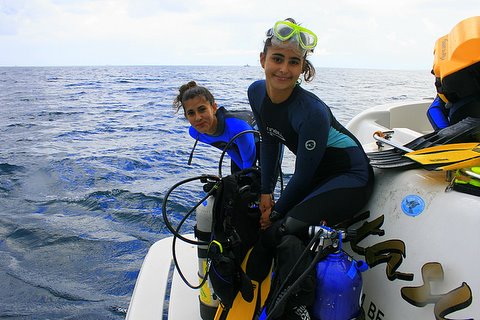
Understanding Shark Behavior
Our journey to the Bahamas began on Saturday June 21st. We departed from Boynton Beach Inlet, on the East Coast of Florida, in spite of the weather forecast that predicted scattered showers and thunderstorms....more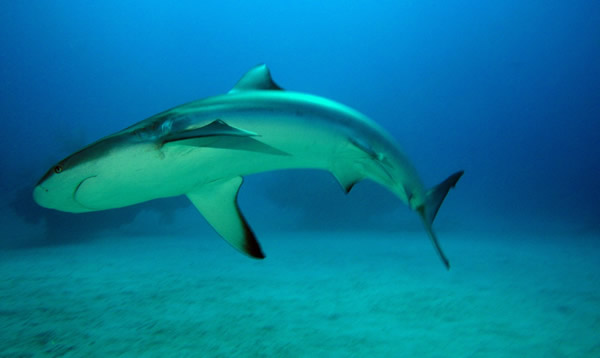
Shark Behavior Project
On July 1, 2008 we left the Florida East Coast at 5 am and headed to the south reef of Grand Bahamas Island. When we started out we sailed toward a beautiful sunrise, clear blue skies, and a flat ocean....morePlease log in
Science Blogs
Real Climate: climate science from climate scientists

Windows to the Universe, a project of the National Earth Science Teachers Association, is sponsored in part is sponsored in part through grants from federal agencies (NASA and NOAA), and partnerships with affiliated organizations, including the American Geophysical Union, the Howard Hughes Medical Institute, the Earth System Information Partnership, the American Meteorological Society, the National Center for Science Education, and TERC. The American Geophysical Union and the American Geosciences Institute are Windows to the Universe Founding Partners. NESTA welcomes new Institutional Affiliates in support of our ongoing programs, as well as collaborations on new projects. Contact NESTA for more information.




